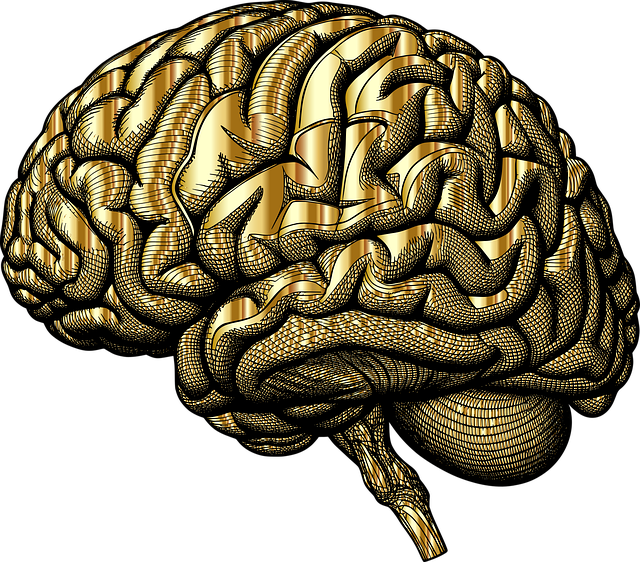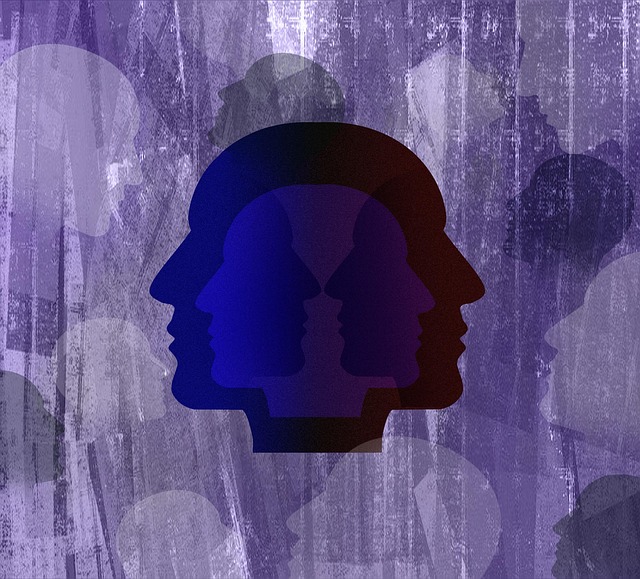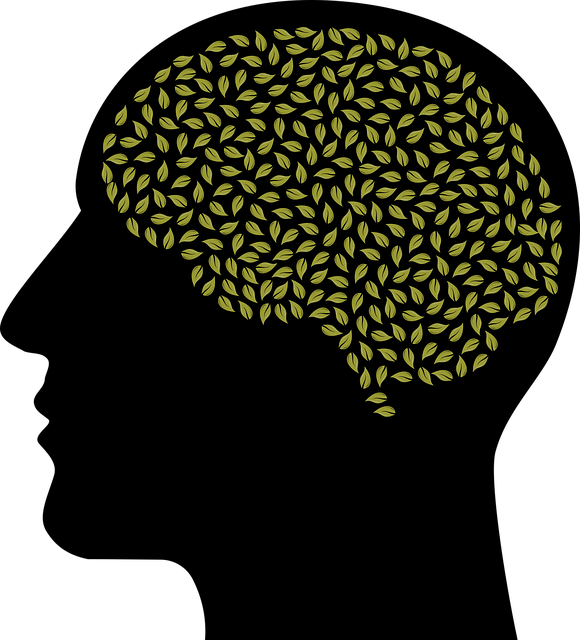Positive thinking exercises tailored for Hebrew-speaking elders offer a transformative therapy approach, addressing mental wellness needs through optimism and reframing negative thoughts. Daily routines like journaling or podcast production enhance self-care practices, improve quality of life, stress management, and foster deeper connections, leading to increased fulfillment and contentment. Creating a supportive environment with materials in both Hebrew and English, incorporating native tongue elements, and encouraging active participation improves overall mental health. These exercises significantly combat social isolation, promote optimism through gratitude practices, engage in social skills training, and establish self-care routines emphasizing physical activity, healthy eating, and adequate sleep.
Positive thinking exercises offer a powerful tool for enhancing the well-being of elderly individuals, particularly within the Hebrew-speaking community. This article explores the impact of cultivating optimism and provides practical strategies tailored for caregivers and therapists working with older adults. We delve into creating an enabling environment, understanding cultural nuances, and incorporating simple yet effective positive thinking practices into daily routines. By implementing these techniques, we aim to improve mental health outcomes for Hebrew-speaking elders through evidence-based therapy.
- Understanding the Power of Positive Thinking for Elders
- Creating a Hebrew-Speaking Environment for Effective Implementation
- Practical Tips to Incorporate Positive Thinking Exercises in Daily Routines
Understanding the Power of Positive Thinking for Elders

Positive thinking exercises can be a game-changer for Hebrew-speaking elders seeking therapy and mental wellness solutions. By focusing on cultivating optimism, individuals can experience significant improvements in their overall well-being. This practice empowers seniors to reframe negative thoughts into positive ones, fostering a more encouraging mindset. Such self-awareness exercises are particularly beneficial for navigating the challenges that often come with aging, enhancing resilience and promoting emotional balance.
Incorporating daily positive thinking routines, such as journaling or engaging in mental wellness podcast series production, can contribute to developing a robust self-care practice. These activities encourage individuals to reflect on their thoughts, identify patterns, and gradually shift their perspective. As a result, elders may find themselves better equipped to handle stress, improve their quality of life, and foster deeper connections with others, ultimately leading to a more fulfilling and contented existence.
Creating a Hebrew-Speaking Environment for Effective Implementation

In implementing positive thinking exercises, particularly tailored for Hebrew-speaking elders in therapy settings, creating a supportive and accessible environment is paramount. This involves ensuring that all materials, from workbooks to online platforms, are available in both Hebrew and English to cater to diverse linguistic needs. A culturally sensitive approach recognizes the significance of language in forming psychological connections and fostering trust among this demographic.
By incorporating elements of their native tongue, elders can engage more comfortably with exercises promoting mental wellness and self-care routine development. This is especially crucial when introducing practices like compassion cultivation, which has shown promise in improving overall mental health. Such an inclusive environment encourages active participation, making therapy sessions not just understandable but also meaningful for Hebrew-speaking individuals seeking to enhance their psychological well-being.
Practical Tips to Incorporate Positive Thinking Exercises in Daily Routines

Incorporating positive thinking exercises into daily routines can be a powerful tool for improving mental health, especially among Hebrew-speaking elders who may face unique challenges and social isolation. A simple yet effective strategy is to start the day with a gratitude practice. Encourage them to take a few moments each morning to reflect on three things they’re grateful for. This could be anything from enjoying a warm cup of tea to anticipating a grandkid’s visit. It helps shift focus towards the positive aspects of life, fostering a more optimistic mindset.
Additionally, engaging in social skills training through group activities or community events can significantly contribute to mental well-being. Hebrew-speaking elders can benefit from joining local clubs, volunteer initiatives, or cultural groups where they can interact with peers and share experiences. Developing a self-care routine that includes physical activity, healthy eating, and sufficient sleep is another crucial aspect. These habits not only promote overall health but also provide a solid foundation for cultivating positive thinking. By integrating these practices into their daily lives, elders can combat the effects of mental illness stigma reduction efforts while enhancing their quality of life.
Positive thinking exercises, tailored for elderly individuals with a focus on Hebrew-speaking communities, can significantly enhance well-being and quality of life. By creating an enabling environment and integrating these practices into daily routines, elders can experience the therapeutic benefits of cultivating optimism and resilience. Encouraging participation in such activities not only empowers seniors but also enriches their social connections, making it a valuable tool for overall mental health support in therapy for elders Hebrew speaking.














